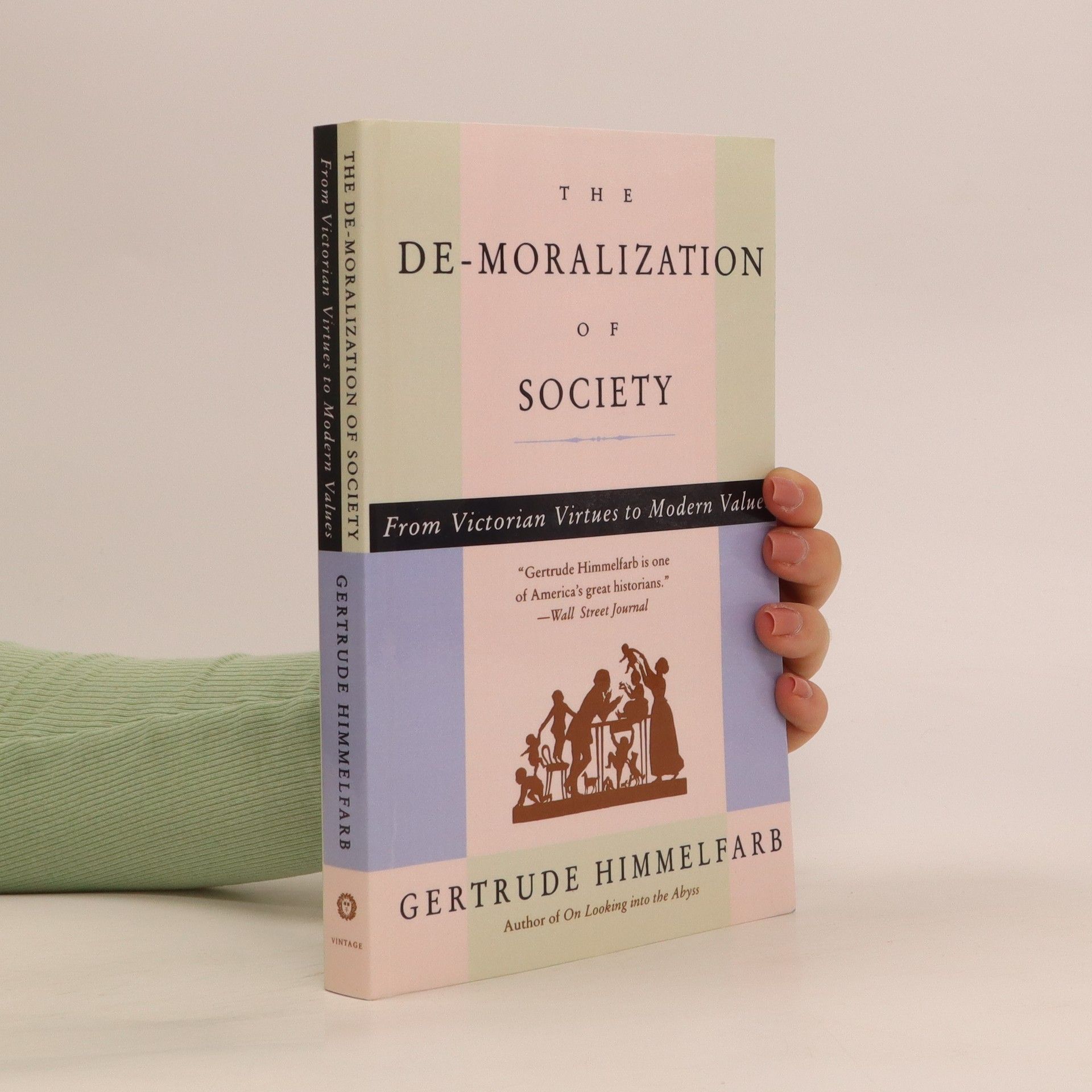Nowa i stara historia. Eseje krytyczne i...
- 328 pages
- 12 hours of reading
W swoim klasycznym zbiorze esejów Gertrude Himmelfarb dokonuje krytycznego przeglądu różnych sposobów uprawiania historii, które zyskały popularność w XX wieku. Konfrontuje tradycyjne metody badawcze z historią społeczną oraz nurtami marksistowskimi, psychoanalitycznymi i postmodernistycznymi. Analiza ta pozwala uchwycić specyfikę tych podejść oraz odsłonić konsekwencje ich założeń dla postrzegania rzeczywistości. Podstawą pierwszego przekładu na język polski jest rozszerzone wydanie z 2004 roku. Nowa historia, choć niejednorodna, stanowi wyzwanie dla tradycyjnej historiografii, a jej dominacja ma kluczowe znaczenie dla analizy Himmelfarb. W całej książce autorka argumentuje, że problem nie leży w samej nowej historii, lecz w decydującej roli, jaką zaczęła odgrywać, oraz autorytatywnych sądach w jej imieniu. Himmelfarb (1922-2019) była historykiem, eseistką i autorką wielu książek, w tym przetłumaczonych na polski. Laureatka licznych nagród, uznawana za jedną z najbardziej wpływowych amerykańskich intelektualistek okresu powojennego.



